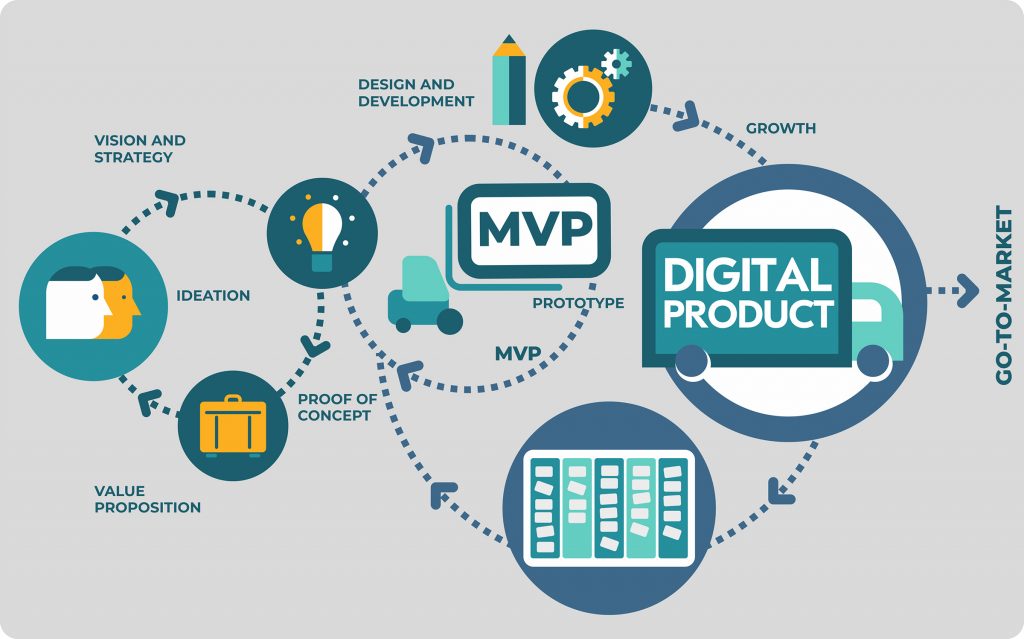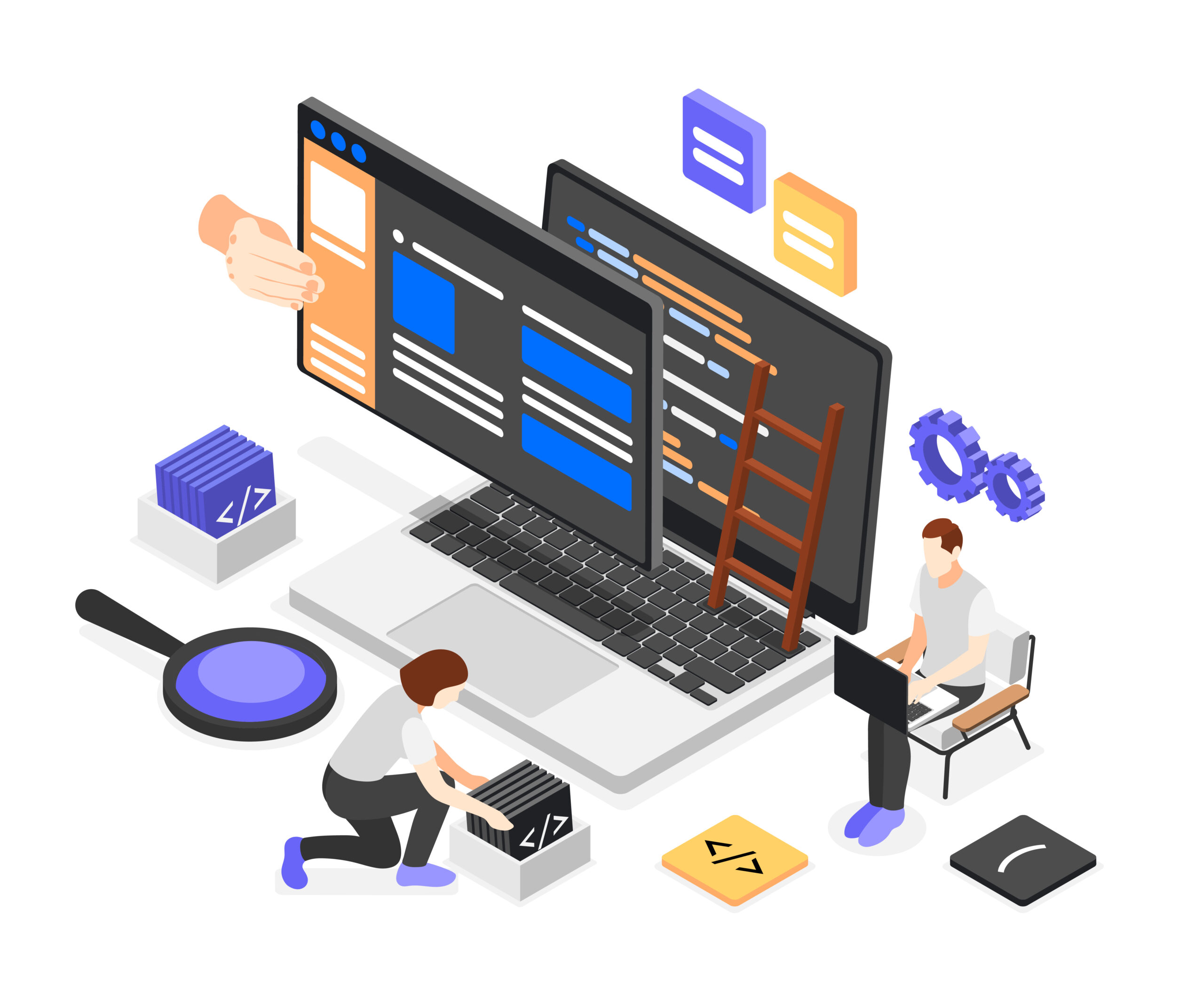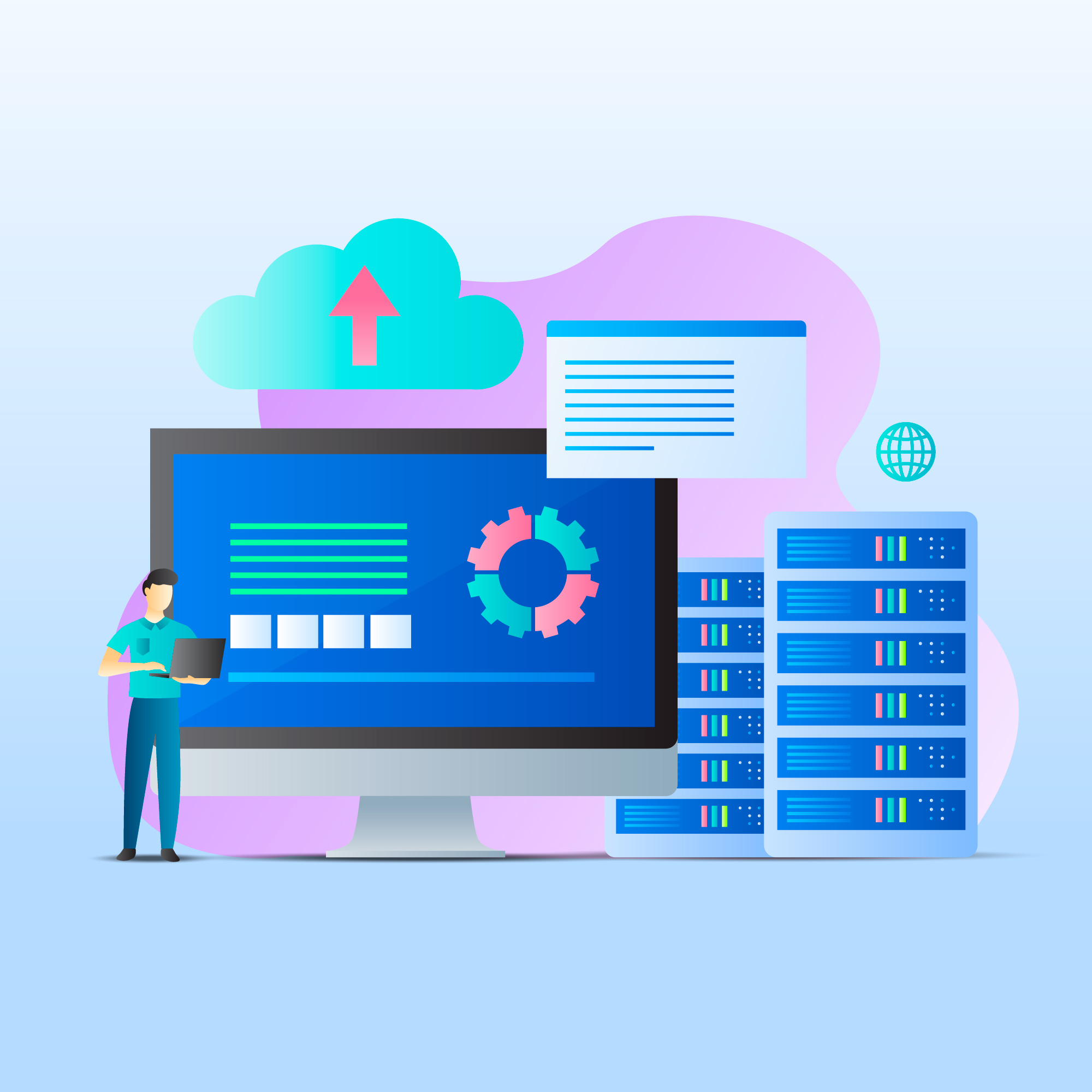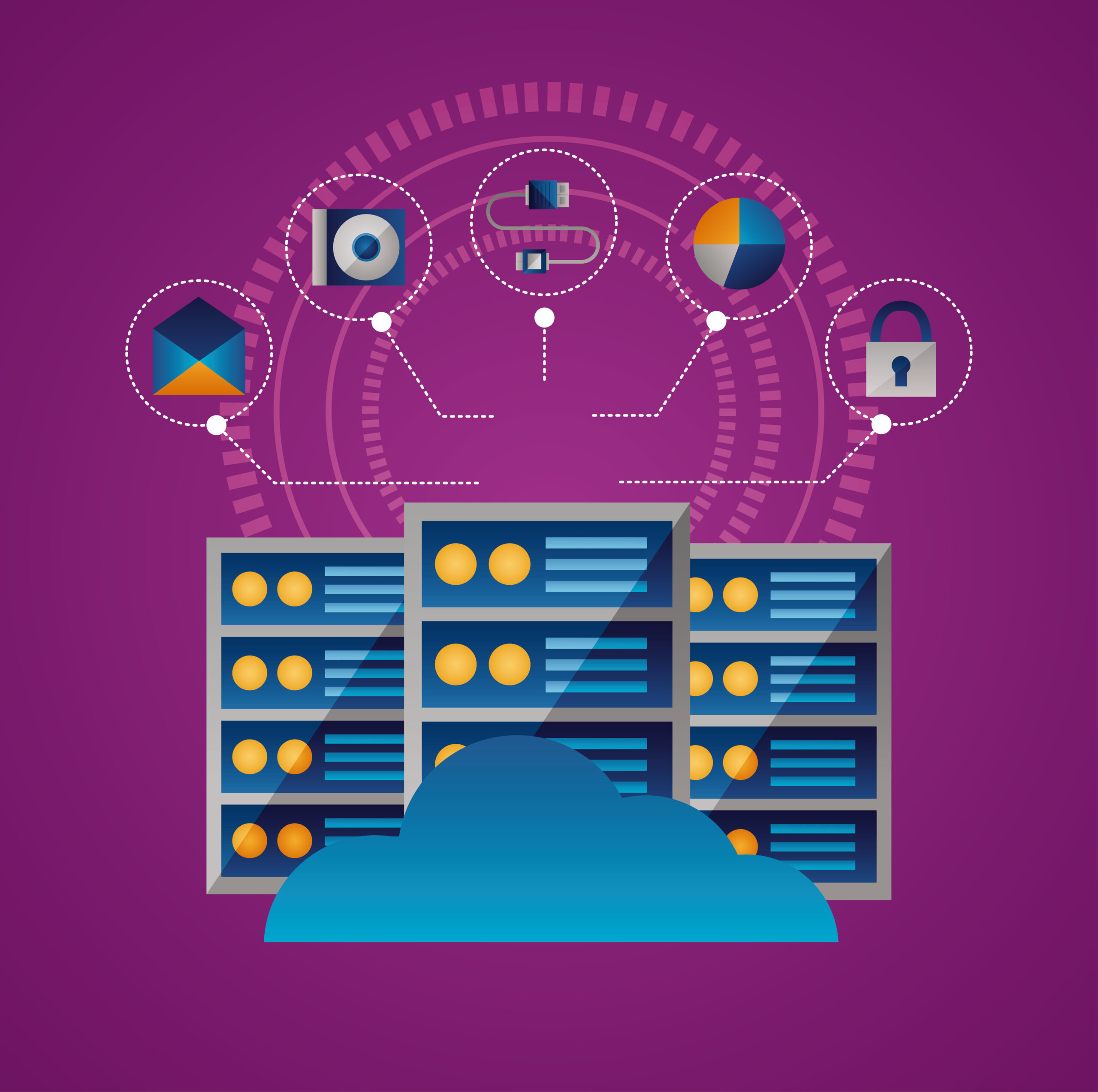In today’s fast-moving tech world, companies need to deliver software faster, better, and more reliably. This is where service providers like Tambena Consulting come into the picture. They offer DevOps consulting services in which their expert DevOps Engineers do their magic and save the day.
They are the bridge between software development and IT operations. But what exactly do they do? If you’ve ever asked yourself, “What is a DevOps Engineer?” or wondered whether this path might be for you, this guide is your starting point.
Let’s break it down into simple steps to help you understand what this role is all about and how you can get started on this exciting career path.
Why DevOps Engineers Are in Demand
The digital age has transformed how we live and work. We now rely on apps, websites, and online services more than ever. Behind these tools is a massive effort from teams that build and maintain them. But building software is just one side of the story; delivering it smoothly and keeping it running without downtime is the real challenge.
This is where a DevOps Engineer makes a big difference.
Companies want their web applications to be fast, secure, and always available. A DevOps Engineer helps make that happen by combining development (Dev) and operations (Ops). The demand for this role is skyrocketing because businesses of all sizes, from startups to global enterprises, need professionals who can improve software delivery pipelines and system reliability.
What Is a DevOps Engineer?
Let’s start with a clear answer to the question: What is a DevOps Engineer?
A DevOps Engineer is someone who works at the intersection of software development and IT operations. Their job is to help development teams release updates quickly while maintaining the systems’ stability and security.
Think of it like this:
- Developers write code and build features.
- Operations teams manage the servers, networks, and systems that run that code.
- A DevOps Engineer connects the two, ensuring the process runs smoothly from idea to final release.
They do this by using tools, practices, and processes that automate tasks like:
- Writing code
- Testing code
- Releasing code
- Monitoring systems
- Fixing issues quickly
In short, they make sure that new software features get to users faster and with fewer problems.
What Does a DevOps Engineer Do Day-to-Day?
Now that you understand what a DevOps Engineer is, let’s look at what they do every day.
Here’s a breakdown of their core responsibilities:
1. Automation and CI/CD Pipelines
One of the main tasks of a DevOps Engineer is building automation pipelines. These pipelines help teams automatically:
- Test new code
- Integrate it with the main software
- Deploy it to servers
This process is called Continuous Integration/Continuous Deployment (CI/CD). It saves time and reduces human errors.
2. Monitoring and Incident Response
After the software is live, a DevOps Engineer makes sure it’s running smoothly. They use monitoring tools to track:
- Server performance
- Application errors
- User experience
If something goes wrong, like a crash or a slowdown, they’re the first to respond, identify the issue, and fix it quickly.
3. Infrastructure as Code (IaC)
Instead of manually setting up servers, DevOps Engineers use code to build infrastructure. This is called Infrastructure as Code. It’s faster, more consistent, and easier to manage.
Tools like Terraform or AWS CloudFormation help DevOps Engineers automate the setup and scaling of cloud resources.
4. Collaboration Across Teams
A DevOps Engineer doesn’t work alone. They act as a connector between developers, testers, operations staff, and sometimes even security teams. Their goal is to make communication easy and smooth so that everyone stays on the same page.
5. Security and Compliance
Security is part of every DevOps process. A DevOps Engineer builds systems that include security checks at every stage. This might include scanning code for vulnerabilities or setting up firewalls and access controls.
Skills You Need to Become a DevOps Engineer
You don’t need to be a coding expert or a systems wizard to get started in this field, but having a mix of skills will help:
1. Programming Knowledge
Languages like Python, Bash, or JavaScript are commonly used to write scripts and automation tasks.
2. Familiarity with Cloud Platforms
DevOps Engineers often work with services like AWS, Microsoft Azure, or Google Cloud.
3. Understanding of Version Control
Tools like Git help teams track code changes and collaborate effectively.
4. Experience with DevOps Tools
Popular tools include:
- Jenkins (for CI/CD)
- Docker (for containers)
- Kubernetes (for container orchestration)
- Ansible or Chef (for automation)
5. Problem-Solving Mindset
Much of the job is about identifying and fixing issues quickly. Being resourceful and calm under pressure is key.
Career Path and Growth Opportunities
So, where can this career take you?
Entry-Level: Junior DevOps Engineer
Starting, you might assist with setting up automation tools or help maintain servers.
Mid-Level: DevOps Engineer
At this stage, you’ll manage pipelines, lead deployment processes, and contribute to architecture planning.
Senior-Level: Senior DevOps Engineer or Site Reliability Engineer (SRE)
As you grow, you may take on leadership roles, design large-scale systems, and mentor junior staff.
Some even transition into cloud architecture, engineering management, or DevSecOps (DevOps with a security focus).
Salary and Job Outlook
Let’s be honest, DevOps engineer jobs can be very rewarding in terms of salary.
According to various job platforms:
- Entry-level DevOps Engineers can earn around $70,000 to USD 90,000 per year
- Mid-level positions go up to $110,000 to $130,000
- Senior roles can bring in $150,000+, depending on location and expertise
And it’s not just the money; job security is strong. As long as software is being built, there will be a need for DevOps professionals to keep everything running smoothly.
Action: How to Get Started as a DevOps Engineer
Here’s a clear action plan if you’re inspired to start this career:
1. Learn the Basics
Begin with online courses that cover:
- Linux and command-line tools
- Git and version control
- Scripting (Python or Bash)
- Cloud computing fundamentals
2. Practice Projects
Build your own mini CI/CD pipeline using free tools. Try deploying a sample app to the cloud.
3. Get Certified
Certifications like:
- AWS Certified DevOps Engineer
- Microsoft Certified: DevOps Engineer Expert
It can boost your resume and prove your skills.
4. Apply for Internships or Junior Roles
Look for roles like “Junior DevOps Engineer” or “Cloud Support Engineer” to get hands-on experience.
5. Join the Community
Follow DevOps blogs, attend webinars, and connect with professionals on LinkedIn. The more you engage, the more you’ll learn.
Final Thoughts
The role of a DevOps Engineer is both challenging and rewarding. It’s perfect for people who love solving problems, enjoy working across teams, and want to play a key role in building and maintaining modern software.
If you’ve been searching for a career that offers growth, impact, and excellent job security, this might be your calling. Whether you’re a student, a developer looking for a new direction, or someone ready to dive into tech for the first time, DevOps offers a path worth exploring.
So now that you understand what a DevOps Engineer does, the next step is yours. Are you ready to build, connect, and make things run better?






